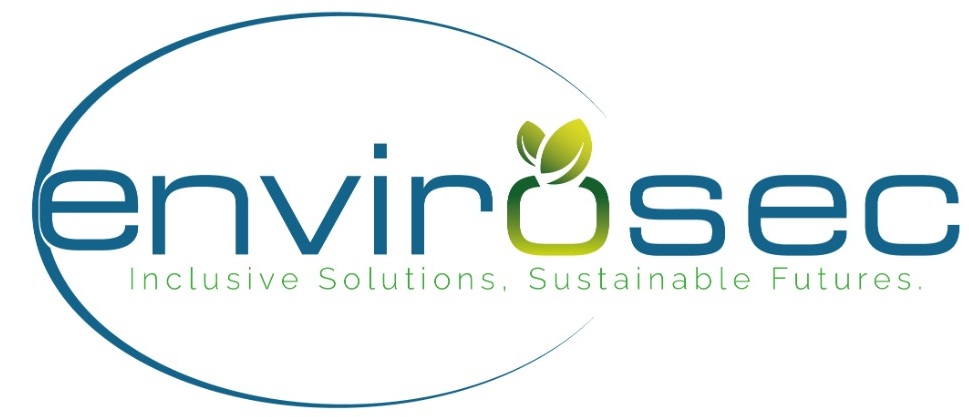Building a sustainable network to formalise the informal sector on waste management for circularity in East Africa.
Overview
The Waste Management and Circular Economy project is a groundbreaking initiative aimed at transforming the informal waste management sector in East Africa. In collaboration with the Circular Innovation Hub, this project addresses the pressing challenges of waste management by formalizing informal practices, enhancing efficiency, and promoting sustainable circular economy principles.
Africa’s population is on the rise resulting in growth of production and consumption hence impacting the number of resources used and waste generated and disposed of. On the other hand, the rate of proper waste logistics and treatment is not growing at the same speed. Only limited categories of waste are handled in a proper manner due to inadequate recycling systems, infrastructure, policy and regulatory requirements and general awareness of the risks. The key categories of waste generated in African cities include organic waste, plastics, paper, metal, and electronic waste. The share of organic waste in East African cities and rural areas for example is raging from between 55% to even 80%. If unmanaged and not treated separately organic matter is accountable for numerous negative environmental, health and social impacts. On the other hand, it is rich in nutrients and energy potential which can be tapped for apicultural production. In many developing countries the informal waste and recycling operators are major contributors to the waste value chain and derive value from waste to sustain livelihoods.
Objectives
The primary objectives of this project include:
- Stakeholder Engagement: Bringing together key stakeholders such as national and county governments, private sector players, academicians, researchers, innovators, startups, recyclers, and civil society organizations. By fostering collaboration, we aim to create a robust network that addresses the challenges and opportunities within the informal waste management sector.
- Policy and regulatory environment: understanding the current challenges, barriers and opportunities on policy and regulatory requirements for informal sector waste management.
- Knowledge Sharing: Sharing best practices and innovative strategies among stakeholders is critical for improving waste management. Through workshops, seminars, and collaborative platforms, we facilitate the exchange of ideas and experiences to enhance the overall effectiveness of waste management practices in the region.
- Technological Solutions: Exploring and implementing technological innovations is vital for addressing the inefficiencies in the informal waste management sector. We are committed to identifying and promoting technologies that can streamline waste collection, sorting, recycling, and disposal processes, ultimately reducing environmental impact.
- Linking Informal Sector to Opportunities: One of our key goals is to connect the informal waste management sector with broader economic opportunities. By integrating informal waste workers into formal systems, we can enhance their livelihoods while simultaneously improving waste management practices.
Project Activities
The project encompasses a range of activities designed to achieve its goals:
- Workshops and Training Sessions: We conduct regular workshops to educate stakeholders about circular economy principles, waste reduction strategies, and the importance of sustainable practices. These sessions also provide hands-on training on new technologies and techniques in waste management.
- Research and Development: Collaborating with academic institutions and research organizations, we conduct studies to identify effective waste management practices and technologies tailored to the East African context.
- Pilot Projects: To test and demonstrate the effectiveness of new approaches, we implement pilot projects in select communities. These projects serve as case studies for scaling successful practices across the region.
Expected Outcomes
The anticipated outcomes of the Waste Management and Circular Economy project include:
- Improved Waste Management Practices: By formalizing the informal sector, we expect to see enhanced waste collection, sorting, and recycling processes, leading to reduced environmental pollution and increased resource recovery.
- Economic Empowerment: Empowering informal waste workers through training and integration into formal systems will improve their livelihoods and contribute to local economies.
- Increased Awareness: Raising awareness about the importance of sustainable waste management and circular economy principles among communities and stakeholders will foster a culture of responsibility and innovation.
Get Involved
We invite individuals, organizations, and businesses interested in supporting our Waste Management and Circular Economy project to get involved. Whether through partnerships, funding, or volunteer opportunities, your contribution can make a significant impact on the environment and communities in East Africa.
Please visit their website for more information about our collaboration with the Circular Innovation Hub.

